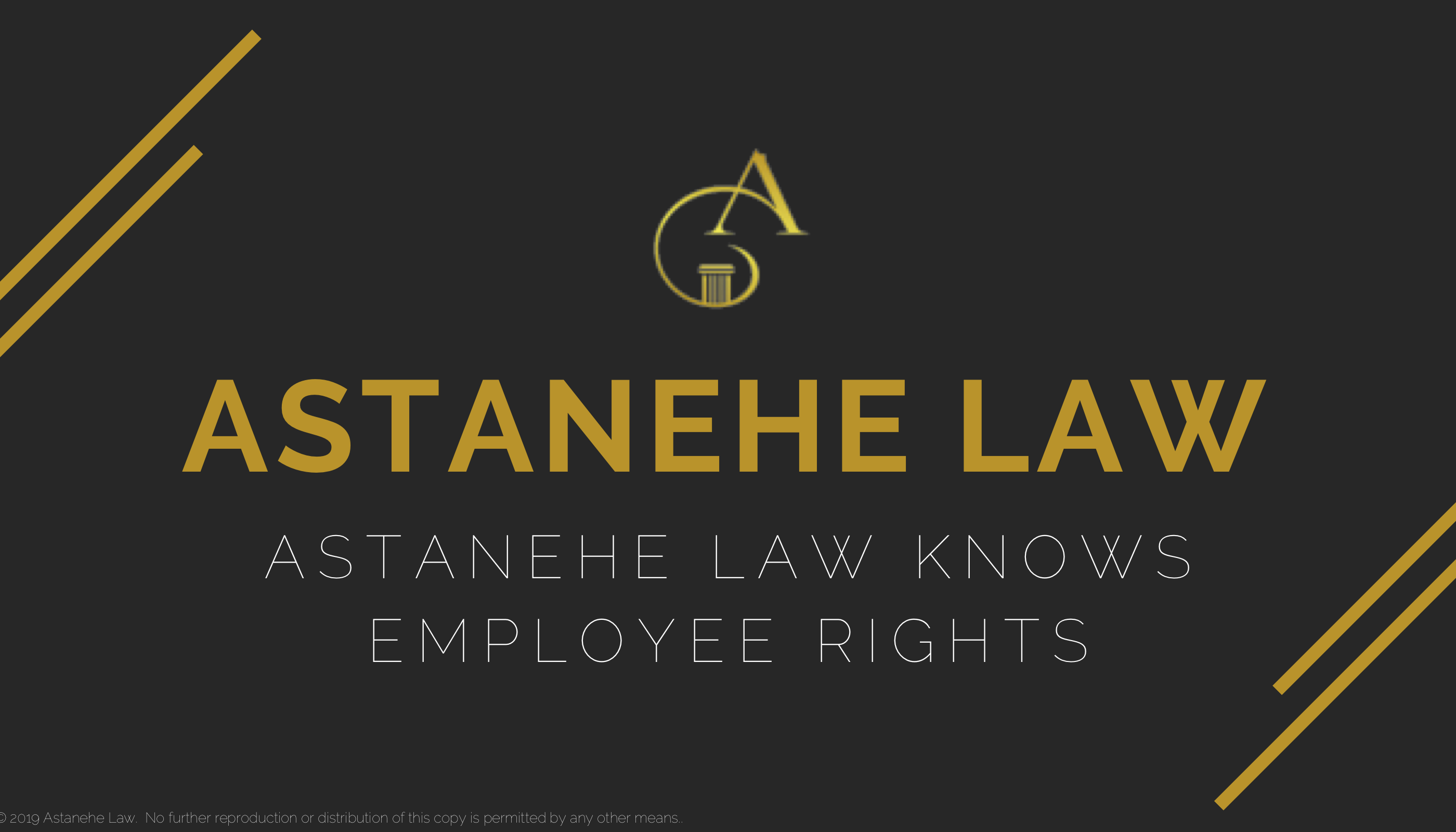Glendale Tenants Protected by Coronavirus/COVID-19 Eviction Moratorium
Glendale tenants are protected from evictions related to Coronavirus/COVID-19 income disruptions. During the Coronavirus/COVID-19 state of emergency, Glendale landlords cannot evict a tenant for non-payment of rent due to financial disruption related to Coronavirus/COVID-19.
To qualify for eviction protections, Glendale tenants must demonstrate that the Coronavirus/COVID-19 has impacted them.
Under the Glendale Coronavirus/COVID-19 eviction moratorium, impacts include:
- Loss of income due to Coronavirus/COVID-19 related workplace closure or reduction in hours;
- Child care expenditures due to school closures;
- Health care expenses related to being ill with Coronavirus/COVID-19;
- Caring for a member of the tenant’s household who contracted Coronavirus/COVID-19; or,
- Reasonable expenditures stemming from government precautionary measures.
Glendale tenants have six months following the expiration of the local state of emergency to pay any suspended rent.
Glendale joins numerous other California cities that have, or will soon pass, Coronavirus/COVID-19 eviction moratoriums, including San Francisco, Oakland, Berkeley, San Jose, Santa Monica, Culver City, Stockton, Sacramento, San Diego, Alameda, Burbank, Pasadena, Vallejo, Inglewood, and Los Angeles.
Click here to read the unabridged Glendale Coronavirus/COVID-19 Eviction Moratorium.
If you are an Glendale tenant with questions about your rights under the Glendale Coronavirus/COVID-19 eviction moratorium or have questions about California Rent Control (AB 1482), contact Astanehe Law to speak with a tenant attorney.




